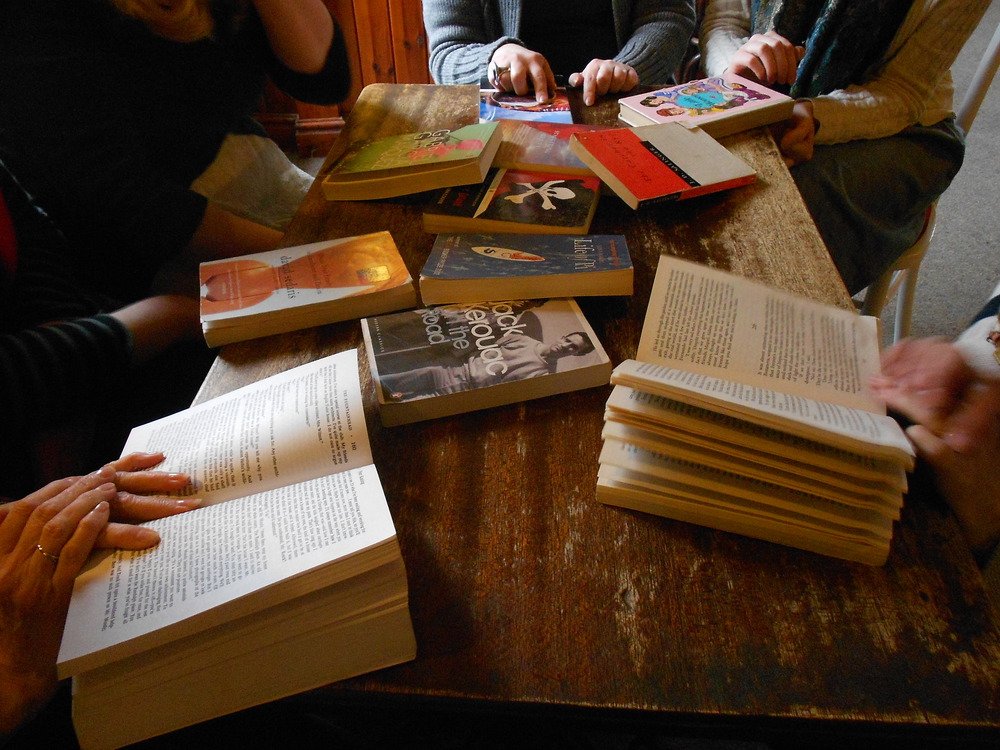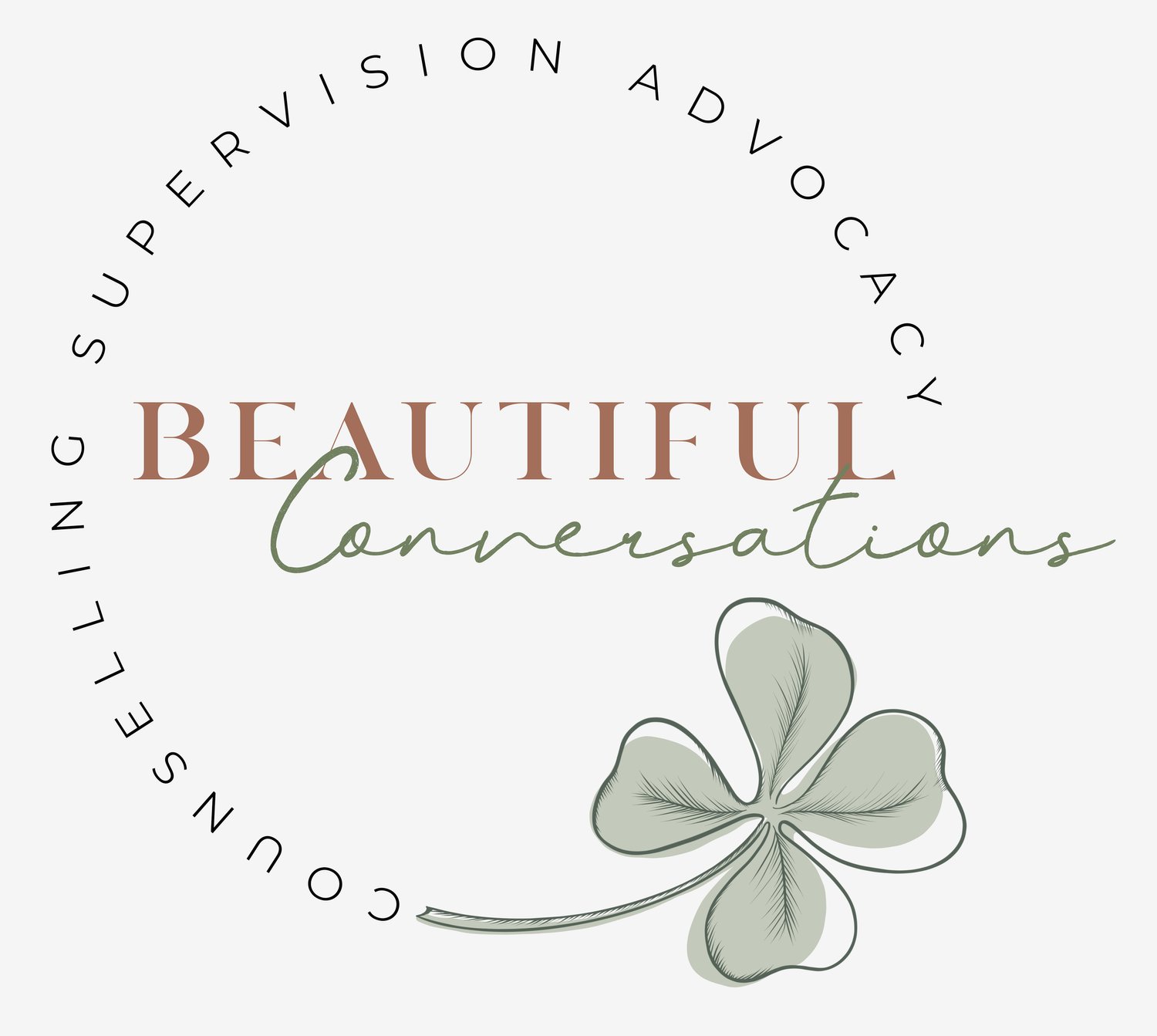
Critical Reflection Groups
Critical Reflection Groups
Join us for the 2022 Pilot 8-week Program
Upcoming Dates:
Introduction to Critical Reflection
Mondays 14, 21, 28 March 2022, 6:30-8:30 PM
Critical Reflection Practice Groups
Mondays 11 April, 25 April, 9 May, 23 May, 6 June 2022,
6:30 - 8:30 PM
The program can be attended as 8-week OR 3-week (the Introduction only)
Cost
8 weeks: $240/$180 (Low Income)
3 weeks: $90/$70
Are you nearing burnout? Struggling to connect your social justice Social Work values with the individualistic and outcome-driven work context that you’re in? Longing for a like-minded and passionate community?
Critical Reflection Groups
For Social Work students, new graduates and practicing social workers
This program is directly relevant to Social Work students, new graduates and more experienced social workers aiming to deepen, refine and be able to sustain their practice while staying true to the emancipatory values that guide Social Work.
Critical reflection – a widely practiced social work tool – is a process of examining and re-developing one’s hidden and implicit ideas about professional practice with the intent to challenge dominant power relations and power structures. This may create possibilities to practise more critically and ethically, with more joy and a sense of agency in whatever context we are involved with.
The three OR eight-week interactive online workshop will utilise Fook and Gardener’s structured model of critically reflective practice, as well as Vikki Reynolds’ framework for Supervision of Solidarity. The participants will be invited to reflect on their professional experiences and explore their relationship to the work that they do in a supportive and non-judgmental space.
You will come away from this workshop having and feeling:
· aware of the possibility of their own agency and connected to what they value and cherish in the work
· new, holistic and creative ways of knowing and responding to familiar challenges and barriers
· ideas and capacity to challenge structures and relations of domination in their workplace and enable emancipation
· deeply validated and more hopeful as social worker and as a person
· more supported by a community of practice and therefore able to sustain their work.
Weeks 1-3
· Introduction to the theory underpinning critical reflection
· Introduction to the Fook & Gardener model of critical reflection with a demo by facilitator
· Guided analysis of a chosen workplace incident using the four stages of critical reflection: deconstruction, resistance, challenge and critical reconstruction
Weeks 4-8 (elective)
· Multiple opportunities to present on one’s chosen case and reflect on it alongside other participants
· Giving and receiving feedback in a compassionate manner using the principles of Non-Violent Communication
· Cultivating solidarity and connection with our values through Reynolds’ framework of Supervision of Solidarity and justice doing.

